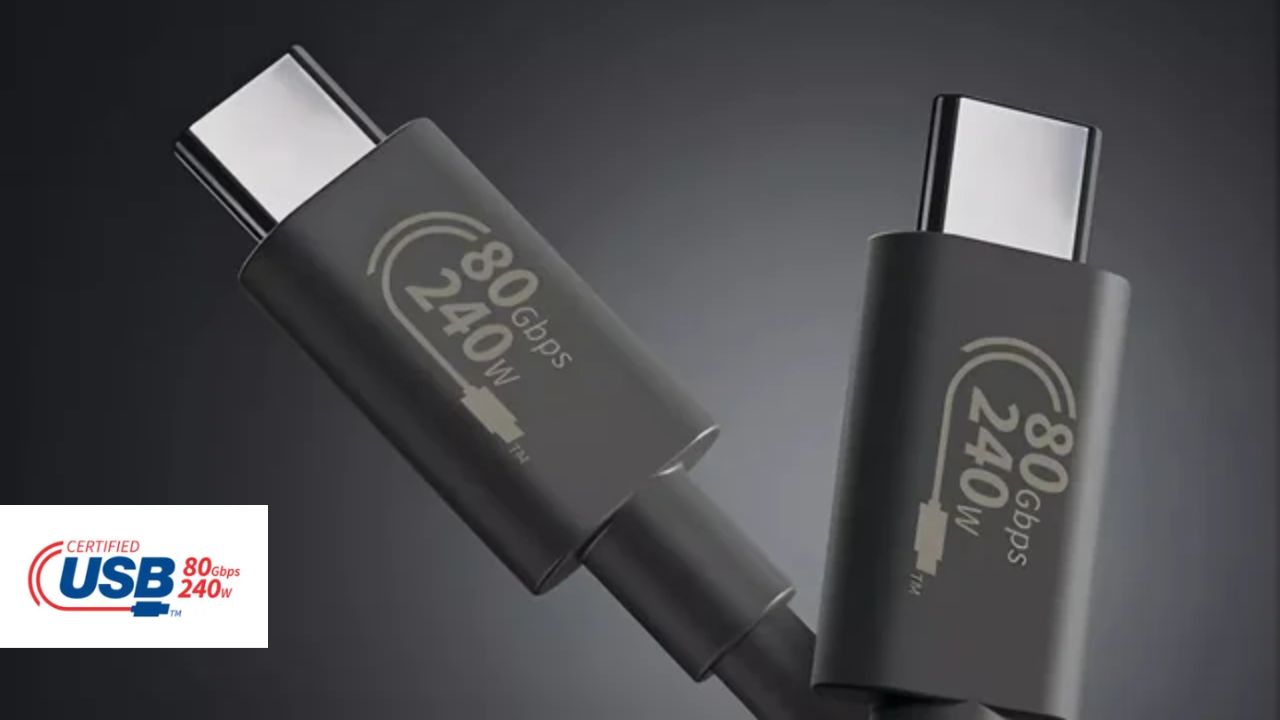The introduction of USB4 2.0 cables marks a significant advancement in connectivity technology, offering data transfer speeds that reach an impressive 80Gbps.
This leap not only enhances performance for demanding applications but also introduces substantial power delivery capabilities, meeting the evolving needs of modern devices.
Additionally, the backward compatibility with previous USB versions and features like DisplayPort passthrough suggest a streamlined integration into existing ecosystems.
As these cables set the stage for the future of data transfer, one must consider how this evolution will impact both consumer experiences and industry standards.
USB4 2.0 Key Features
Among the notable advancements in connectivity technology, USB4 2.0 stands out with its impressive key features designed to enhance data transfer and power delivery capabilities.
This next-generation standard allows for data transfer speeds of up to 80Gbps, greatly improving efficiency for high-demand applications.
Additionally, USB4 2.0 offers a robust power delivery capability of 240W, ensuring safe and reliable charging for power-hungry devices, such as laptops and peripherals.
The backward compatibility with previous USB versions, including USB4 Version 1.0 and Thunderbolt 3, promotes user confidence in device connectivity.
With Elecom leading the charge in certification and product rollout, consumers can expect a seamless integration of USB4 2.0 technology, enhancing their overall experience while prioritizing safety and compatibility.
Performance and Compatibility
The introduction of USB4 2.0 marks a significant leap in performance and compatibility for modern devices. With data transfer speeds reaching up to 80Gbps, users can expect swift and efficient data handling, essential for high-demand applications.
This version maintains backward compatibility with earlier USB versions, including USB4 Version 1.0 and Thunderbolt 3, ensuring that existing devices remain functional without compromise.
Moreover, the robust power delivery capability of 240W caters to power-hungry devices, providing a safe and efficient charging solution.
While current USB4 ports do not natively support USB4 2.0, integration of required hardware is anticipated, promoting future-proofing in device ecosystems.
Future of USB Technology
As USB4 2.0 sets the stage for a new era in connectivity, the future of USB technology appears promising, characterized by ongoing advancements and increased integration across devices.
The anticipated enhancements in data transfer speeds and power delivery will likely propel the adoption of USB4 2.0 across a wider array of hardware, ensuring compatibility with existing technologies. This evolution is vital for maintaining safety and efficiency in device interactions, as manufacturers focus on robust standards and regulation compliance.
Furthermore, the integration of diverse functionalities, such as DisplayPort passthrough and fast charging capabilities, is expected to create safer, more user-friendly environments.
As the landscape evolves, staying informed about compatibility and performance standards will be essential for users and developers alike.
